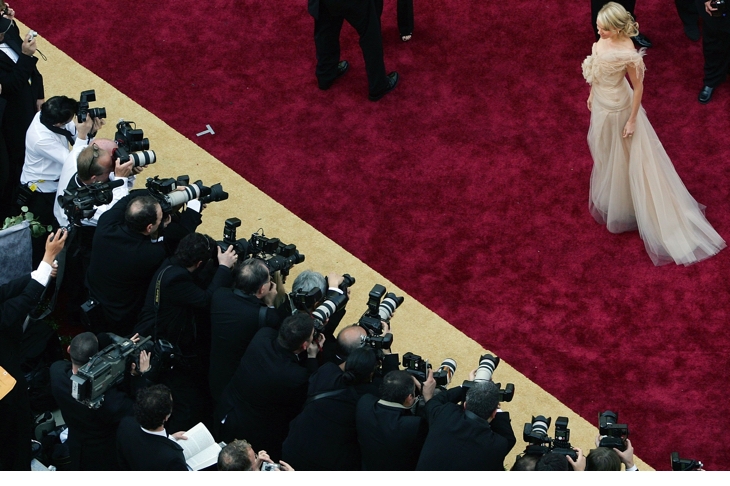Reading the lip-smacking reports of the latest troubled celebrity relationships (Jennifer Aniston and Justin Theroux definitely high and dry, Cheryl Cole and Liam Payne allegedly on the rocks) I couldn’t help musing that stars – and more specifically, the place they occupy in our mass psychological landscape – have very much changed since the first mass-market celebrities emerged. The film stars of the fledgling Hollywood truly were worshipped as higher beings; a tribe of Pathan Indians opened fire on a cinema when they were denied entry to a Greta Garbo film while women committed suicide when Valentino died. Their marriages were regarded as heavenly unions; their romantic sunderings as tragedies. These days, though, there’s a tangible sense of glee when a celeb’s private life crashes and burns; in short, they have moved from dais to doghouse.
When entertainers espouse a political cause – as they did with Hillary Clinton and Remain – it seems that more ‘civilians’ (to use Elizabeth Hurley’s risibly inaccurate phrase; surely ‘punter’ is nearer the mark) turn against it than support it.

Get Britain's best politics newsletters
Register to get The Spectator's insight and opinion straight to your inbox. You can then read two free articles each week.
Already a subscriber? Log in







Comments
Join the debate for just £1 a month
Be part of the conversation with other Spectator readers by getting your first three months for £3.
UNLOCK ACCESS Just £1 a monthAlready a subscriber? Log in